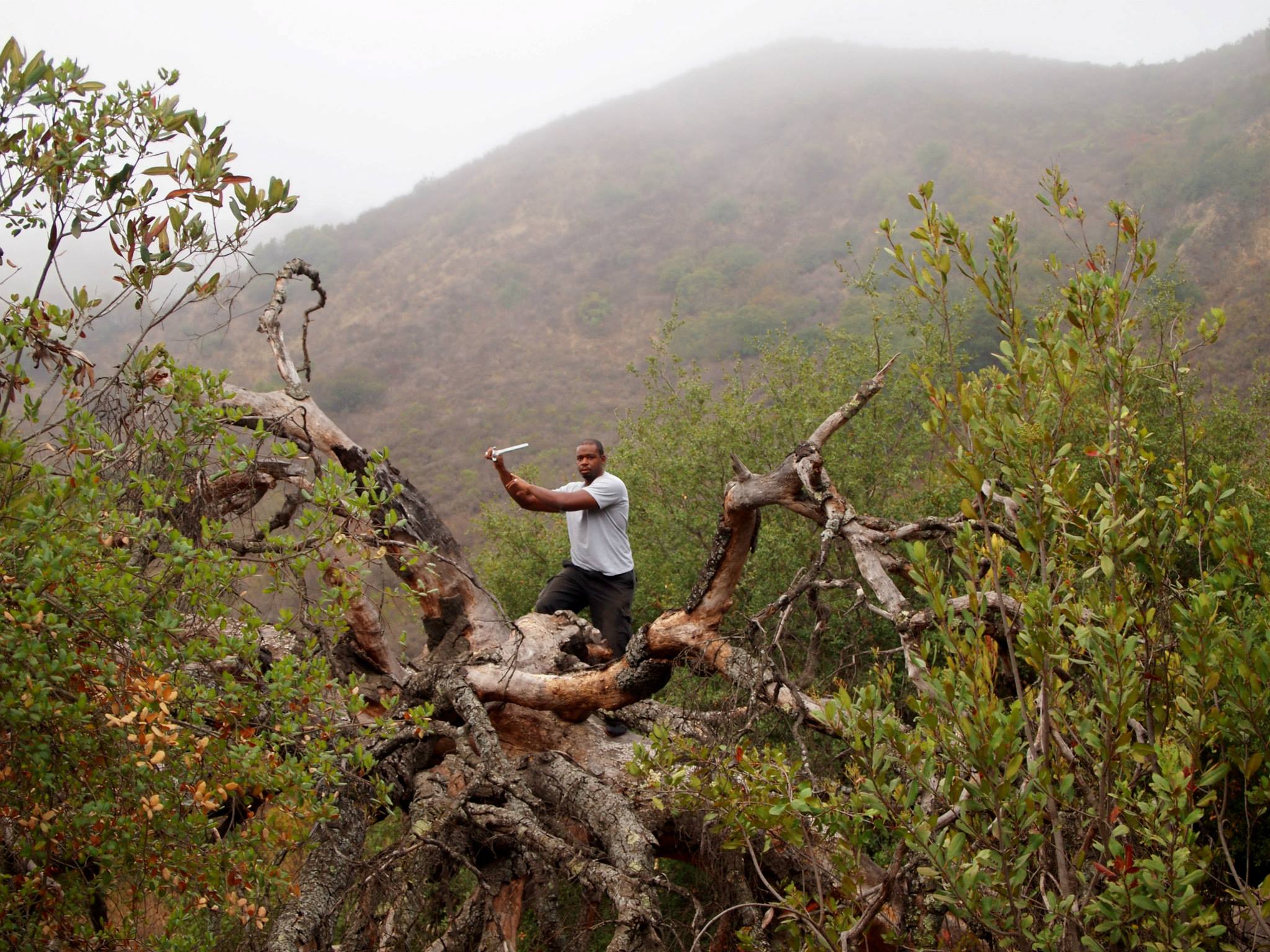Truest and Dumbest Statement Ever: We All Have the Same 24 Hours in a Day
If you donât know, there is a saying, âWe all have the same 24 hours in a dayâ. This statement is absolutely true, to a point. Some people have access to more of the 24 hours than others. Depending on a personâs station, capability and access to certain resources the 24 hours of peoplesâ days are different. So yes we all have 24 hours to work with each day. Most people of Earth spend all of their lives on the planet; and unless you believe certain myths that are out there, time has never stopped for anyone. When making statements to people make sure that you are putting yourself in their shoes. One thing that can happen when you are stating certain things is that, even though you believe you are coming from the most urbane of places, and you say a statement with no negative intent; sometimes it is what you say that is extremely offensive, because what you say is noted as what you believe, and even though you think you understand something, someone, or a situation, what you say can prove completely different.
When you tell someone something make sure you are truly noting who they are. Do your best to look at their station, their capability and their access to resources. I move you to read Kenneth Burkeâs Grammar of Motives. Kenneth Burke established an acute method termed Dramatism. The base of Dramatism is the notion of motive: the causes why people do the things they do. Burke believed that all of life was drama and we may discover the motives of people by looking for their particular type of stimulus in action and discourse. Burke generated a “Pentad,” which are five questions to ask of any discourse to begin rooting out the motive: Act, Scene, Agent, Agency and Purpose. The Act is the actual action or inaction. The Scene is the environment, both literal and figurative, of which the action or inaction took place. The Agent is the person or persons doing the action, or inaction. The Agency is how the agent acts, or does not act, and by what means they do so. The Purpose is why the agent acts. Now here is where things get tricky for some. Instead of ignorantly answering the questions of what is the (add part of pentad here), actually ask the person or persons involved and believe them when they answer. It is okay to note their answer; if something they say or do contradicts what they formerly stated, make sure to let them know of this discrepancy. Call them out on it, as it were. In doing so, you will be better able to understand a situation and know surely if anything of relevant note needs attention.
So, make sure to note a person. Secure an accurate understanding of their station. A personâs station consists of their age, their educational state (i.e. schooling years, working years, and field experiences), their socioeconomic standing and their system of moral values. Understand of what they are actually capable. Take into high regard their actual mental and physical dimensions, and their emotional and spiritual understanding of their Self. Make sure to realize that not all people have equal access to resources and adjust your framework accordingly. Some people may physically be closer or further away from a resource. Some may not have knowledge of resources. Also, others may not understand that there is even a necessity for/of a particular resource.
It is unreasonable to assert that just because one person can do something then others are equally as able to do so, and so, they should thereby go with the standard noted. Solely because a standard is efficient for one does not necessitate the particular efficiency for all others. It is unreasonable to assert that just because one person knows something then others should have this knowledge as well and believe as deeply as the one that holds said knowledge. It is unreasonable to assert that just because you feel or believe something then others should feel and believe as you do. It is unreasonable to assert that just because you act or measure reality a certain way then others should act that way as well.
We all have the same 24 in a day, and we all have opportunities to do and not do things; we all make our own choices, hopefully. It is unreasonable to believe that someone notably different from you should do everything the way you do and be the way you are. Actually learn about someone, their systems and way of thinking before you categorize things in your reality around them. When making statements there are times we inadvertently negatively judge others. Donât only watch how you say something; note what it is you are actually saying.
For more information Winstonâs his martial arts academy please visit Internal Magnification.
Winston Price, Executive Producer, has over a decade and a half of marketing, advertising and public relations experience. He began his business career in 1995 and is a graduate of Indiana University Bloomington. Winston also is a master martial artist and personal trainer with over 2 decades of knowledge and experience. Winston runs his own school, Internal Magnification Martial Arts, where he focuses on helping people reach their personal goals of health and fitness via At-Home personal training with martial foci of Taekwondo, Tai Chi Châuan, Hapkido and Ba Gua Zhang. As an executive producer for VoiceAmerica, Winston utilizes his skills in business and personal training to help new and existing hosts maximize their opportunity with the VoiceAmerica Talk Radio Network by supporting his hosts with the business and personal aspects of creating and developing their show. Winston believes that each host brings their own flavor to the Network. By properly coaching and motivating his hosts, they are able to produce THEIR show with THEIR style and THEIR passion being at the forefront of every broadcast.





